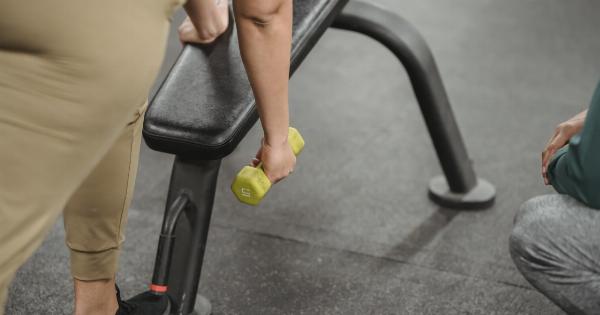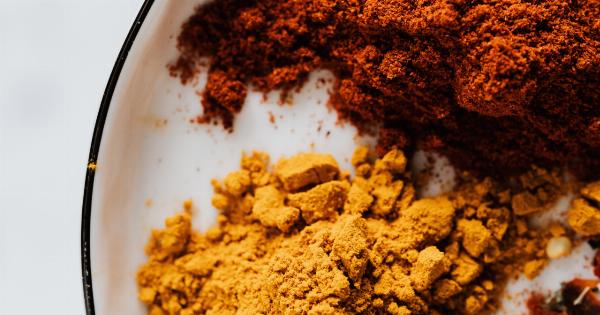Menstrual pain or dysmenorrhea is a common problem faced by women during their menstruation cycle. Menstrual cramps can cause discomfort, pain, and disruption in daily activities.
While some women manage to cope with the pain through painkillers, others are looking for a more natural approach. In this article, we will explore the use of herbs to relieve menstrual pain.
Ginger
Ginger has been used for centuries to relieve menstrual pain. Ginger has anti-inflammatory properties that can help reduce pain and inflammation associated with menstrual cramps.
In addition, ginger helps to improve blood flow, which can help alleviate cramps.
How to use ginger for menstrual pain relief:
You can add grated ginger to hot water and drink it as a tea. Alternatively, you can take ginger supplements in capsule form.
Cinnamon
Cinnamon has antispasmodic and anti-inflammatory properties that can help reduce menstrual pain. In addition, cinnamon helps to regulate blood sugar levels, which can help reduce menstrual cramps.
How to use cinnamon for menstrual pain relief:
You can add cinnamon to your tea or coffee. Alternatively, you can take cinnamon capsules.
Chamomile
Chamomile has anti-inflammatory and antispasmodic properties that can help reduce menstrual pain. Chamomile also helps to relax the muscles, which can help to alleviate cramps and discomfort.
How to use chamomile for menstrual pain relief:
You can drink chamomile tea, or take chamomile capsules.
Black Cohosh
Black cohosh has been used for centuries by Native Americans to relieve menstrual pain. Black cohosh has anti-inflammatory properties and helps to regulate estrogen levels, which can help alleviate menstrual cramps.
How to use black cohosh for menstrual pain relief:
You can take black cohosh supplements in capsule form or drink it as a tea.
Cramp Bark
Cramp bark is a natural remedy for menstrual pain. Cramp bark has antispasmodic properties that can help alleviate cramps and discomfort associated with menstruation.
How to use cramp bark for menstrual pain relief:
You can drink cramp bark tea or take cramp bark supplements in capsule form.
Red Raspberry Leaf
Red raspberry leaf has been used for centuries to relieve menstrual pain. Red raspberry leaf has anti-inflammatory properties that can help reduce pain and discomfort associated with menstrual cramps.
How to use red raspberry leaf for menstrual pain relief:
You can drink red raspberry leaf tea or take it in capsule form.
Fennel
Fennel has antispasmodic properties that can help alleviate menstrual cramps. In addition, fennel helps to regulate estrogen levels, which can help reduce menstrual pain.
How to use fennel for menstrual pain relief:
You can drink fennel tea or take fennel supplements in capsule form.
Dandelion
Dandelion has diuretic properties that can help to reduce water retention and bloating associated with menstruation. Dandelion can also help to reduce inflammation and alleviate pain associated with menstrual cramps.
How to use dandelion for menstrual pain relief:
You can drink dandelion tea or take dandelion supplements in capsule form.
Conclusion
Menstrual pain is a common problem faced by women during their menstruation cycle. While painkillers can provide relief, some women prefer a more natural approach to relieve their menstrual pain.
Herbs such as ginger, cinnamon, chamomile, black cohosh, cramp bark, red raspberry leaf, fennel, and dandelion can provide natural relief for menstrual cramps. As with all herbal remedies, it is important to talk to your doctor before adding any new supplements or herbs to your daily routine.





























